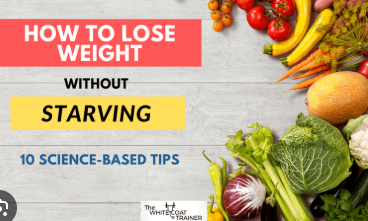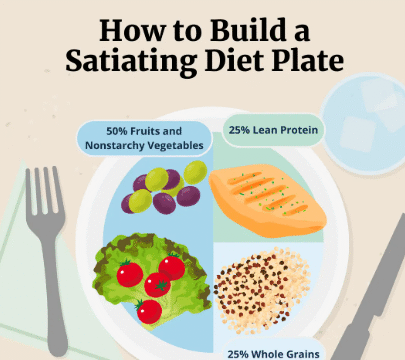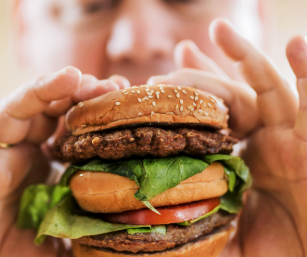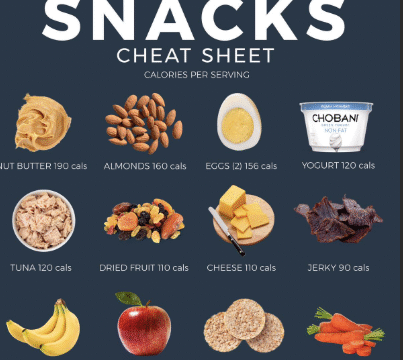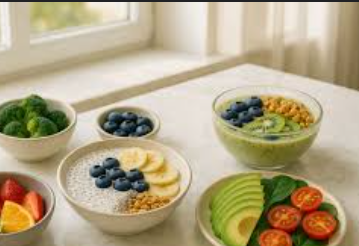When it comes to weight management, food choices make a big difference.
But with so much conflicting information out there, it can be hard to know which foods truly support your goals and which ones might hold you back.
Let’s break down what tends to work—and what usually doesn’t—when it comes to foods for healthy, sustainable weight loss.
✅ What Works
1. High-Protein Foods
Lean meats, fish, eggs, beans, and Greek yogurt help keep you fuller for longer. Protein also supports muscle health, which plays a role in metabolism.
2. Fiber-Rich Vegetables
Leafy greens, broccoli, carrots, and other non-starchy vegetables are low in calories and high in nutrients. The fiber keeps digestion steady and helps manage hunger.
3. Whole Grains
Quinoa, brown rice, oats, and buckwheat provide steady energy and prevent blood sugar spikes. They’re far more filling than refined grains.
4. Healthy Fats (in Moderation)
Avocados, nuts, seeds, and olive oil support satiety and nutrient absorption. While calorie-dense, they can help prevent overeating when portioned wisely.
5. Fruits
Berries, apples, and citrus fruits are naturally sweet but come with fiber and vitamins, making them smarter choices than processed desserts.
❌ What Doesn’t Work
1. Highly Processed Snacks
Chips, cookies, and pastries are often low in nutrients but high in refined carbs and added sugars, leading to quick hunger and cravings.
2. Sugary Drinks
Sodas, energy drinks, and sweetened teas add calories without filling you up. Water, sparkling water, or unsweetened tea are much better options.
3. “Diet” Foods Loaded with Additives
Some packaged foods labeled as “low-fat” or “sugar-free” can be misleading. They often replace fat or sugar with additives that don’t support satiety, making you hungrier later.
4. Excess Refined Grains
White bread, pasta, and pastries digest quickly, leading to spikes and crashes in energy that may encourage overeating.
Tips for Choosing the Right Foods
- Focus on whole foods over packaged ones.
- Pair protein and fiber to stay fuller longer.
- Be mindful of portions, even with healthy foods.
- Stay hydrated to avoid mistaking thirst for hunger.
Final Thoughts
Weight loss isn’t about extreme diets or cutting out entire food groups—it’s about making smart, sustainable food choices. Foods rich in protein, fiber, and healthy fats tend to work well, while highly processed, sugar-loaded options often don’t. By focusing on nutrient-dense, satisfying meals, you’ll be better equipped to manage your weight in a healthy and balanced way.

